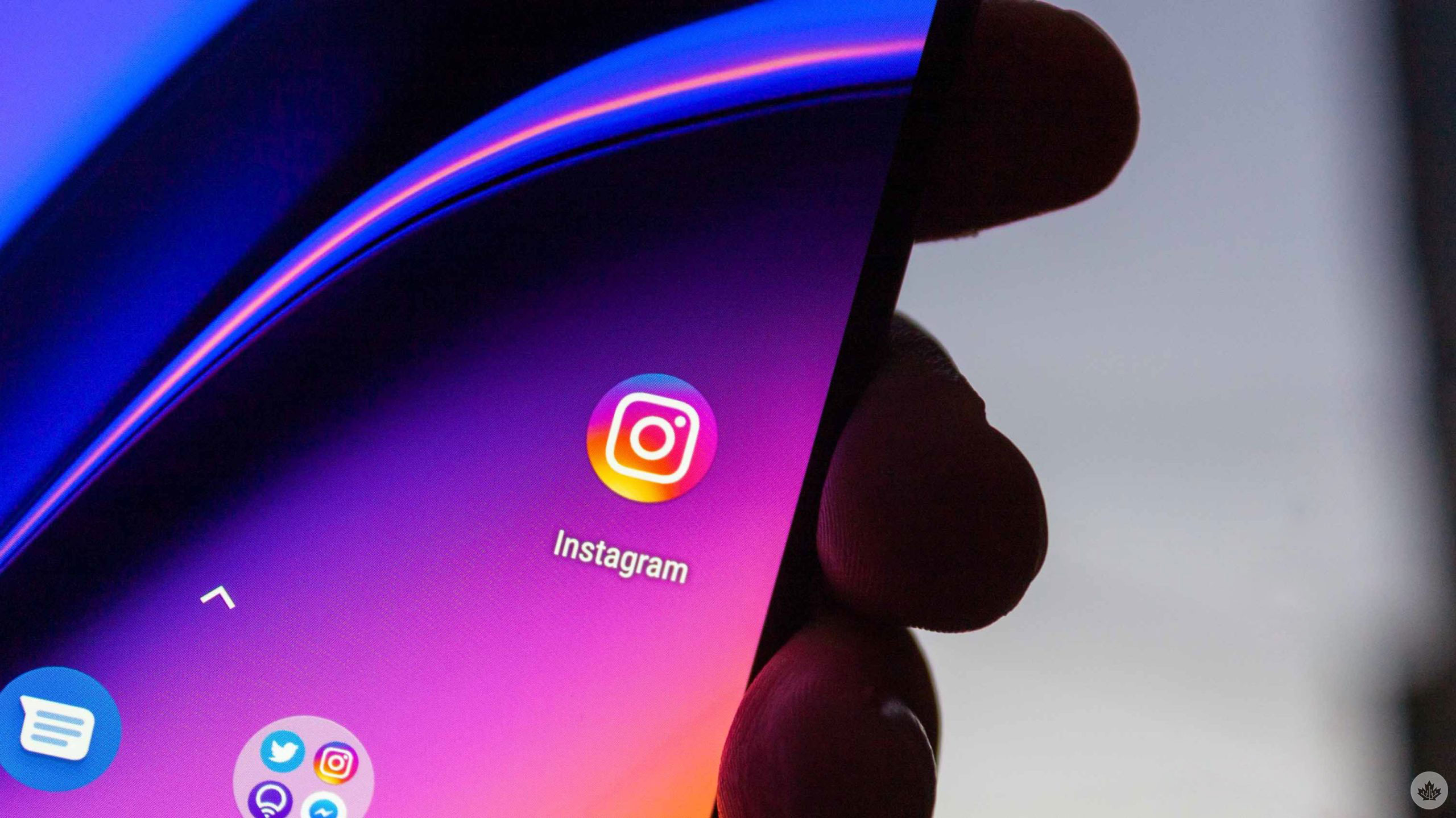
In what feels like another entry in the ever-growing list of things that are probably, definitely, Not A Great Idea, Meta-owned Instagram will test artificial intelligence-based age verification in the U.S.
As reported by The Verge, Instagram plans to offer U.S. users two new ways to verify their age: social vouching and AI estimation. Both are attempts to deal with the platform’s ongoing problems with young users, namely its failure to protect them and their privacy.
Over the last few years, Instagram has rolled out various features meant to improve protections for young users, including age verification and methods to separate kids from adults. Currently, Instagram asks for age verification when teens try to edit their birth date. To verify, users need to send pictures of ID cards.
The new social vouching system sounds like it could be a good way to deal with the problem. Instead of asking the teen to verify their age through potentially privacy-invasive methods like uploading their ID, Instagram will instead ask three mutual followers to confirm that user’s age. These mutual followers need to be over the age of 18 and will have three days to respond to the request.
Yoti doesn’t even know how its age verification works
As for the AI age verification, Instagram plans to use a tool from a third-party company called ‘Yoti.’ The Verge notes that Yoti is well-known in the online age verification space. Both the U.K. government and German digital regulators have approved the use of Yoti technology.
In short, Yoti uses various facial signals to estimate someone’s age. As for what those signals are, “We don’t really know,” CEO Robin Tombs told Wired in October 2021.
“We have to be honest, we don’t really know whether it’s to do with wrinkles, or saggy eyes, or quite what. It has just done so many that it is now very good at it,” Tombs said.
According to data published by Yoti, the technology’s estimate can be off by up to 2.5 years for people under the age of 24, is less accurate for female faces and for people with darker skin tones. The Verge also cites a 2020 analysis, which found Yoti’s system was 98.89 percent reliable at guessing whether people aged 18 were over or under the age of 25.
So, there are some questions about how well Yoti will work for Instagram’s purposes, particularly around security. The Verge says it was able to fool Yoti’s online demo of the technology (available here) by holding photos in front of a webcam. However, Instagram says the actual version it will use includes anti-spoofing features that should prevent this. Still, there’s nothing to stop a user from getting someone older to stand in for their verification.
And of course, there’s the question of whether we want to feed the facial data of children into an AI age verification system. Yoti claims it doesn’t retain data shared with it.
Instagram already uses AI age verification tools
Finally, The Verge noted that Instagram already employs other AI tools to estimate users’ ages. For example, Instagram has an automated system that checks information in a user’s posts against their account. If a user told Instagram that they’re 20 years old, then posts a birthday picture celebrating their 17th birthday, that account could be flagged for age verification.
Instagram is also testing a language-analysis tool that can estimate users’ ages based on how they write.
While I want to commend Instagram for making efforts to protect young users, I’m also concerned by the focus on tech- and AI-based solutions. Maybe I’m paranoid, but it seems very weird to solve the problem of kids using a platform by making those kids upload pictures of their face to a system that uses the photo to estimate if they’re old enough to use the platform. If the user in question isn’t old enough to use Instagram without consent or parental supervision, are they old enough to consent to sharing their face with another company?
Source: The Verge
MobileSyrup may earn a commission from purchases made via our links, which helps fund the journalism we provide free on our website. These links do not influence our editorial content. Support us here.


